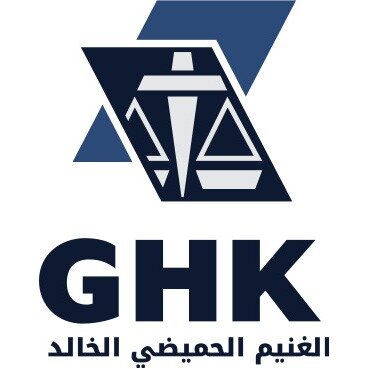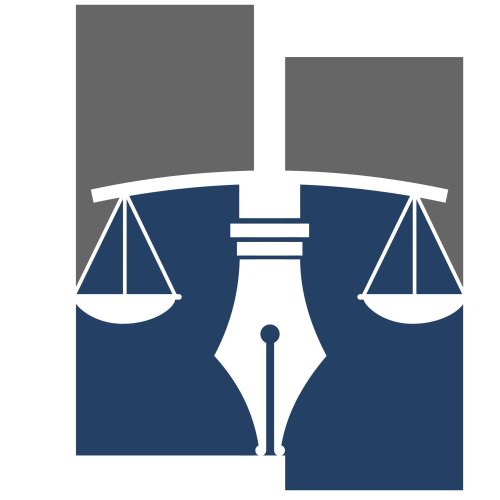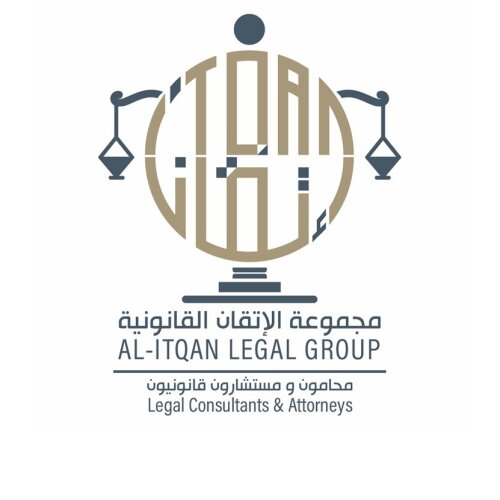Best Water Law Lawyers in Kuwait City
Share your needs with us, get contacted by law firms.
Free. Takes 2 min.
List of the best lawyers in Kuwait City, Kuwait
About Water Law in Kuwait City, Kuwait
Water Law in Kuwait City covers the statutes, regulations, and legal frameworks governing the use, management, and conservation of water resources within the city and the wider State of Kuwait. Given Kuwait's arid climate, scarce freshwater resources, and heavy reliance on desalination, water law is a critical aspect of environmental and public policy. Legal provisions address rights of access, responsibilities of public and private entities, protection against pollution, allocation, and cross-border considerations. The legislation is designed to balance the needs of individuals, businesses, and the public sector, while safeguarding the environment and promoting sustainable water use.
Why You May Need a Lawyer
There are several circumstances where consulting a lawyer skilled in Kuwait's Water Law can prove vital. Common situations include:
- Resolving disputes involving water rights or allocation, such as for agricultural, industrial, or municipal use
- Compliance with government regulations concerning water extraction, treatment, and distribution
- Representation in cases of alleged water pollution or environmental harm
- Negotiating or drafting contracts for water-related infrastructure projects
- Understanding land use laws related to water conservation zones or protected areas
- Interacting with governmental bodies about licenses, permits, or reporting obligations
- Challenging fines, penalties, or enforcement actions imposed by regulatory authorities
- Advising on water tariffs, desalination agreements, and private-public partnerships in water services
Local Laws Overview
Kuwait's local Water Law framework is shaped by several key pieces of legislation and regulation. Noteworthy elements include:
- Government ownership and control over water resources, especially groundwater and desalinated water supplies
- Strict regulation of water extraction, including licensing and quotas for wells or boreholes
- Environmental protection statutes addressing water pollution, hazardous waste disposal, and treatment obligations for industrial and municipal actors
- Statutory requirements for maintaining potable water standards in line with Ministry of Health guidelines
- Provision for penalties in cases of illegal water use, pollution, or non-compliance with water quality standards
- Special rules for commercial developments, agricultural users, and industrial facilities in relation to water use and recycling
- Role of the Ministry of Electricity, Water and Renewable Energy in overseeing water distribution, supply planning, and desalination plant operations
- Inclusion of water management in broader environmental and urban planning laws
Frequently Asked Questions
What is the main source of potable water in Kuwait City?
Most potable water in Kuwait City comes from desalination plants that treat seawater due to the country’s limited natural freshwater sources.
Who is responsible for managing water resources in Kuwait?
The Ministry of Electricity, Water and Renewable Energy is the primary governmental body responsible for water resource management, infrastructure, and regulation in Kuwait.
Is private groundwater extraction allowed in Kuwait City?
Private extraction of groundwater typically requires a government-issued permit, and there are strict limitations on drilling, usage, and potential environmental impacts.
Can I drill a water well on my property?
Drilling a water well requires both environmental approvals and permits from relevant ministries. Unauthorized drilling is illegal and subject to penalties.
How are water tariffs determined for households and businesses?
Water tariffs in Kuwait are set by the government and may differ for residential, commercial, and industrial users, reflecting policy objectives and cost-recovery needs.
What regulations exist regarding water pollution?
Strict laws prohibit the disposal of pollutants and untreated wastewater into natural or public water bodies. Offenders may face fines, closure orders, or criminal charges.
How does Water Law affect large construction or development projects?
Major projects must comply with water use regulations, environmental assessments, and often include water conservation or recycling provisions as part of permit conditions.
What penalties can be imposed for violations of Water Law?
Penalties may include fines, suspension of licenses, operational restrictions, and in severe cases, criminal prosecution against individuals or organizations.
Who monitors compliance with water quality and conservation laws?
Governmental departments such as the Ministry of Electricity, Water and Renewable Energy and the Environment Public Authority regularly monitor compliance and enforce water-related laws.
Are there public awareness programs related to water conservation?
Yes, government ministries and environmental organizations often run campaigns to promote water conservation, efficient use, and awareness of legal requirements.
Additional Resources
If you need more information or support regarding Water Law in Kuwait City, you may consider these resources:
- Ministry of Electricity, Water and Renewable Energy - Responsible for regulation, permits, and supply issues
- Environment Public Authority - Oversees environmental protection and pollution control initiatives
- Kuwait Institute for Scientific Research - Conducts research and provides guidance on water resources and sustainability
- Kuwait Municipality - Manages aspects of urban planning that impact water use and infrastructure
- Local environmental NGOs - May offer guidance, support, and public awareness material on water-related legal topics
Next Steps
If you believe you need legal assistance concerning Water Law in Kuwait City, consider the following steps:
- Identify the specific issue or legal question you are facing, such as permits, compliance disputes, or contracts
- Gather all relevant documents, such as permits, utility bills, correspondence, or notices from authorities
- Contact a legal professional with expertise in Water Law or environmental law in Kuwait
- Prepare a clear summary of your situation, including any deadlines or enforcement actions involved
- Schedule a consultation to discuss your case, understand your rights and obligations, and receive tailored legal advice
- Follow your lawyer’s guidance regarding next steps, which may include negotiations, filing appeals, or engaging with regulators
Lawzana helps you find the best lawyers and law firms in Kuwait City through a curated and pre-screened list of qualified legal professionals. Our platform offers rankings and detailed profiles of attorneys and law firms, allowing you to compare based on practice areas, including Water Law, experience, and client feedback.
Each profile includes a description of the firm's areas of practice, client reviews, team members and partners, year of establishment, spoken languages, office locations, contact information, social media presence, and any published articles or resources. Most firms on our platform speak English and are experienced in both local and international legal matters.
Get a quote from top-rated law firms in Kuwait City, Kuwait — quickly, securely, and without unnecessary hassle.
Disclaimer:
The information provided on this page is for general informational purposes only and does not constitute legal advice. While we strive to ensure the accuracy and relevance of the content, legal information may change over time, and interpretations of the law can vary. You should always consult with a qualified legal professional for advice specific to your situation.
We disclaim all liability for actions taken or not taken based on the content of this page. If you believe any information is incorrect or outdated, please contact us, and we will review and update it where appropriate.














